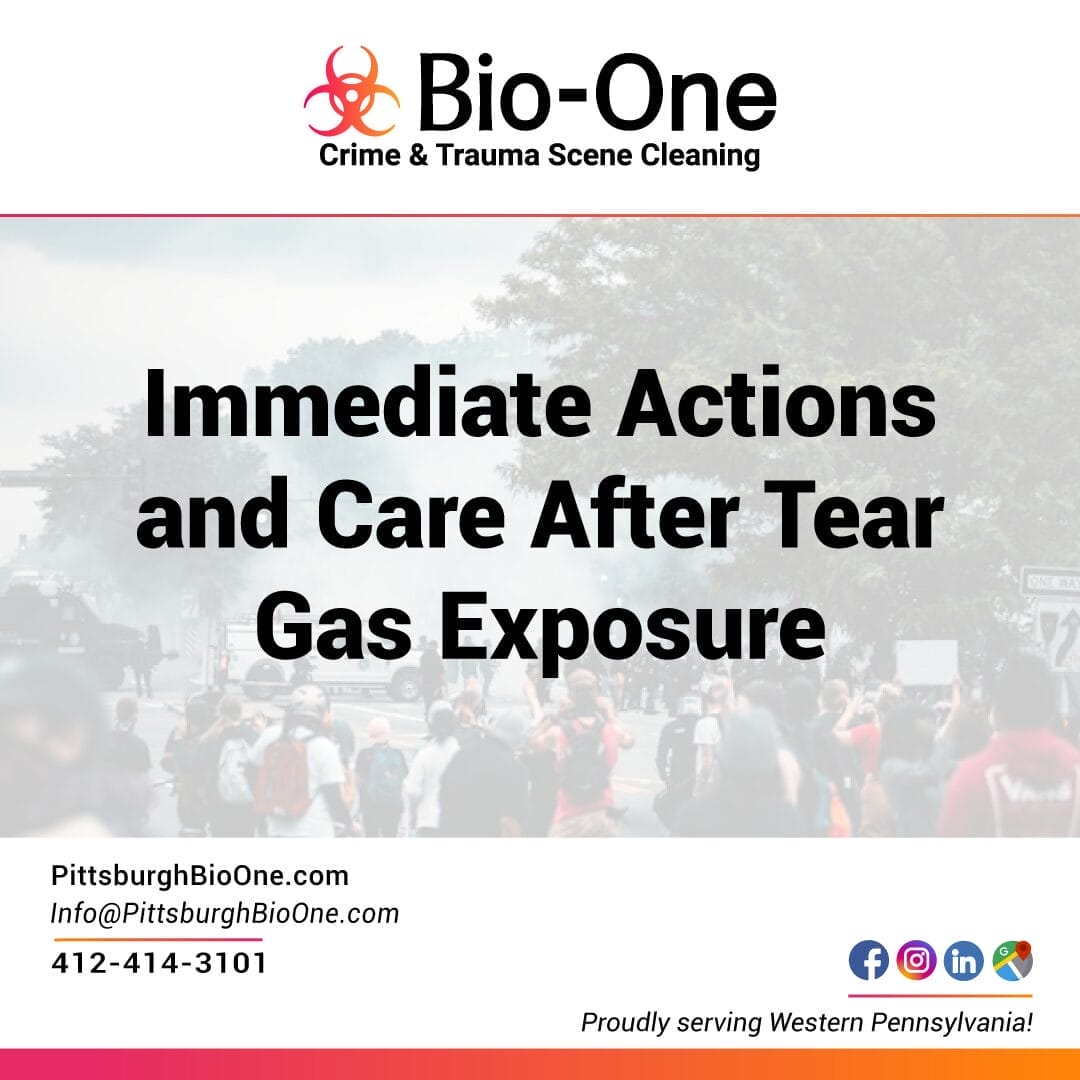
Chaos often sets in when tear gas is deployed. Whether you find yourself caught in its path during a peaceful protest or in an emergency, knowing what to do in the critical moments following tear gas exposure is imperative for your safety and well-being. In this detailed blog, we'll walk you through the precise steps you, a first aid responder, or a health advocate, should take after exposure. Timely and appropriate action can prevent potential health complications in the long run.
Tear gas, or CS gas, is a chemical substance used by law enforcement to disperse crowds. It's a potent irritant that affects the eyes, respiratory system, and skin. Not only is it a tool for crowd control, but it can also be a method for establishing force and control. The most common immediate effects include extreme tearing, pain in the throat, difficulty breathing, and skin irritation.

The first instinct when tear gas is deployed is often to run. However, try to move to high ground and areas upwind from the source. Tear gas can linger close to the ground, so being elevated can reduce exposure levels.
Tear gas particulates can adhere to clothing. Quickly removing any affected garments can prevent further irritants from being inhaled or making contact with your skin.
Rapid and thorough washing of the eyes and exposed skin is crucial. Use large quantities of water or a saline solution. Tilt your head to the side and open your eyelids wide to ensure that all parts of the eye are rinsed.

As you move to safety, blinking aggressively can help your body's natural tears flush out the irritants. Blinking frequently is an excellent defense mechanism against painful tearing.
Breathing through a damp cloth or a mask saturated with water can help reduce the inhalation of irritant particles. Ensure the cloth is clean and free of substances that could further harm you.
If you are experiencing severe symptoms, such as debilitating eye pain or vision changes, excessive coughing or difficulty breathing, or if the irritant is still present in your eyes or on your skin despite initial washing, you should seek immediate medical attention.
Be prepared to tell the healthcare provider what substance was used (if known) and describe the nature and duration of your exposure. This will help them determine the best course of treatment for you.
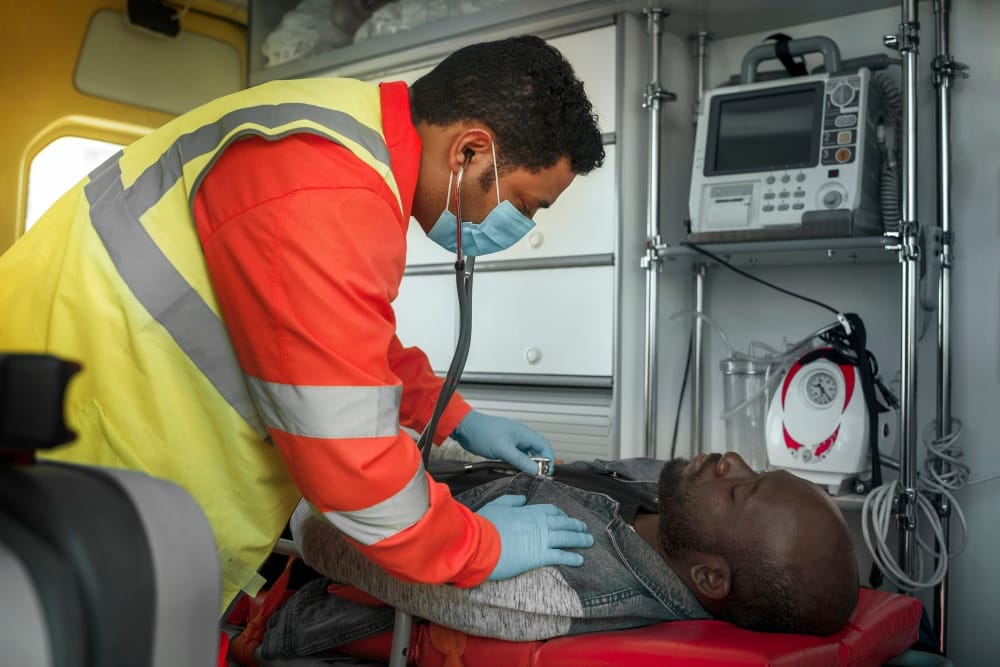
Tear gas residue can continue to irritate if it remains on clothing or personal items. If contamination is minimal or mild, wash all affected items with abundant water and detergent. The clothing should be washed separately to avoid contaminating other items. If contamination is prolonged and severe, discarding these items is best.
Rallies and protests can be incredibly stressful, especially when they escalate. If your exposure to tear gas has caused you severe anxiety or symptoms of PTSD, consider seeking mental health support.
Keep an eye out for any respiratory issues, such as a persistent cough or changes in vision. If these occur, seek medical help as soon as possible. It's also a good idea to document your symptoms in case they worsen or if legal action becomes necessary.
Reacting to tear gas exposure requires composure and quick thinking. By following these instructions, you can minimize the immediate effects and reduce the risk of long-term health complications. Safety should always be your top priority, and being prepared can make all the difference.
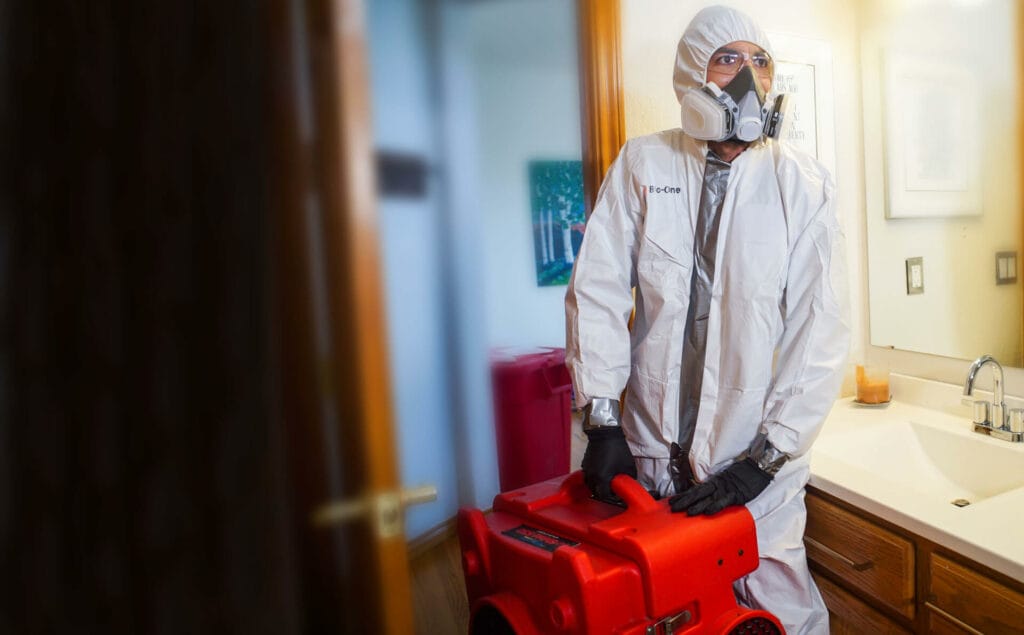
If you require assistance with the aftermath of tear gas exposure, Bio-One is here to help. Our team specializes in biohazard remediation and can safely and thoroughly clean up any residue left behind by tear gas. Contact us today for more information!
Bio-One of Pittsburgh is always ready to assist you in unexpected situations. Our expert specialists are always ready to assist you in dealing with highly pressurized situations that may be emotionally and physically draining, allowing you to focus on other vital activities while healing in a sanitary environment. Locally owned and operated, we provide the following:
Bio-One works closely with victim support centers nationwide and local authorities, communities, emergency services personnel, hoarding task forces, apartment communities, insurance companies, and other organizations to accomplish each customer's most efficient and superior service possible.
Many crime scene cleanup companies may face unexpected, unfortunate life events. Still, Bio-One is the right choice because of our expertise and profoundly caring and discreet specialists.
We are proud members of the NAPO Pittsburgh - National Association of Productivity & Organizing Professionals!
Bio-One of Pittsburgh serves the following Pennsylvania counties: Allegheny County, Washington County, Beaver County, Butler County, Armstrong County, Westmoreland County, Lawrence County, Greene County, Fayette County, and Mercer County.
We also serve the following cities and surrounding communities: from Allison Park all the way to Creighton, Crescent, Cuddy Curtisville, Millvale, Monroeville, Oakmont, Pitcairn, Pleasant Hills, Plum, Port Vue, Presto, Rankin, Rennerdale, Rural Ridge, Russellton, Sharpsburg, South Park to Springdale, we are ready to help you.

Living with a Hoarding Disorder can be incredibly isolating, not only for the individual engulfed in the tangled web of possessions but also for their families and loved ones. The pile-up of items can create a dangerous living environment and a seemingly inescapable mental fortress for those struggling with hoarding tendencies. Despite the daunting reputation that hoarding disorders carry, there is indeed hope on the horizon. A question that often burns in the hearts of those affected is: Can a hoarder be cured?
In our latest blog, we unpack the realities, treatment approaches, and future visions of a world where hoarding no longer holds its victims captive.
Before we look at the prospects of a cure, it's essential to grasp the intricacies of hoarding. A hoarder experiences great difficulty discarding or parting with possessions, regardless of their perceived value. Cluttered houses, hoarding of items commonly seen as trash, and significant distress or impairment in functioning are also key indicators.
Those living with hoarding face an uphill battle against their own cognition and the environmental circumstances that their disorder fosters. The overwhelming presence of items often acts as a source of comfort or security, which makes the notion of discarding them intolerable to the hoarder.

Hoarders often encounter a unique set of psychological hurdles in their day-to-day lives. These can range from the dual challenge of facing the tangible act of discarding an item to the intricate web of thoughts and emotions that bind hoarding as a coping mechanism.
Cognitive-behavioral therapy (CBT), for instance, targets the distorted beliefs that lead to hoarding, while practitioners of Exposure and Response Prevention (ERP) guide patients through a gradual process of exposure to the anxiety-provoking situation of discarding items. Medication, particularly selective serotonin reuptake inhibitors (SSRI), also plays a significant role in aiding the reduction of compulsive hoarding behaviors.
Support groups such as the popular Clutterers Anonymous provide a safe space for individuals to share their experiences and learn coping strategies from peers. Community resources, including professional organizing services and local government assistance, can be invaluable tools for hoarders looking to take control of their living spaces.
For the families of hoarders, the effect can be as emotionally taxing as it is perplexing. Balancing the desire to help with the need to respect the hoarder's autonomy is a challenging task. Families are often encouraged to seek psychoeducation on hoarding and acquire practical skills to support their loved one effectively.
Creating a supportive, non-judgmental environment can encourage a hoarder to seek treatment. The implementation of family-based interventions, which include family members in treatment plans, can also be highly effective.

The landscape of hoarding treatment is constantly evolving. Recent advances in the understanding of this disorder have paved the way for innovative and promising interventions.
The development of more targeted medications and gene therapies holds the potential for tailoring treatments to individual patients, optimizing therapeutic outcomes. Researchers are tackling the roots of hoarding through the lens of neurobiology to further uncover the neural mechanisms at play, which may yield breakthrough treatments in the coming years.
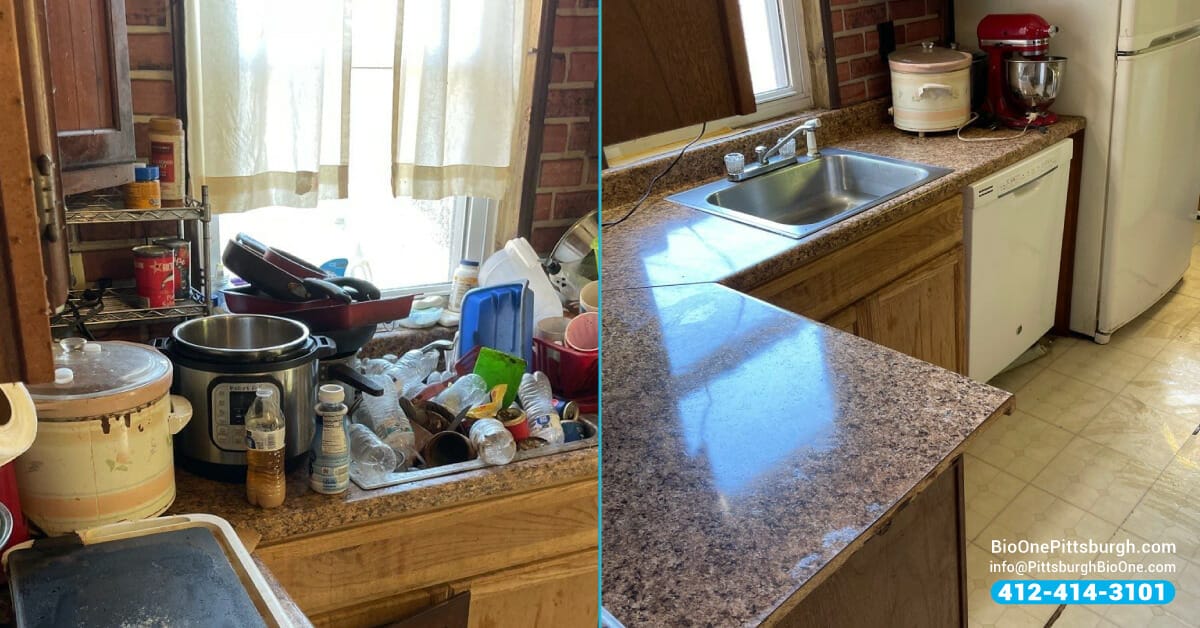
Hoarder homes can pose serious health and safety risks due to the accumulation of items and the potential for infestations and structural damage. Bio-One of Pittsburgh steps in to provide professional cleaning services for homes affected by hoarding. By meticulously restoring the home's condition, Bio-One not only addresses the physical aspects of hoarding but also offers a glimpse of a future where a clean, safe, and serene home is attainable!
Bio-One of Pittsburgh is always ready to assist you in unexpected situations. Our expert specialists are always ready to assist you in dealing with highly pressurized situations that may be emotionally and physically draining, allowing you to focus on other vital activities while healing in a sanitary environment. Locally owned and operated, we provide the following:
Bio-One works closely with victim support centers nationwide and local authorities, communities, emergency services personnel, hoarding task forces, apartment communities, insurance companies, and other organizations to accomplish each customer's most efficient and superior service possible.
Many crime scene cleanup companies may face unexpected, unfortunate life events. Still, Bio-One is the right choice because of our expertise and profoundly caring and discreet specialists.
We are proud members of the NAPO Pittsburgh - National Association of Productivity & Organizing Professionals!
Bio-One of Pittsburgh serves the following Pennsylvania counties: Allegheny County, Washington County, Beaver County, Butler County, Armstrong County, Westmoreland County, Lawrence County, Greene County, Fayette County, and Mercer County.
We also serve the following cities and surrounding communities: from Allison Park all the way to Creighton, Crescent, Cuddy Curtisville, Millvale, Monroeville, Oakmont, Pitcairn, Pleasant Hills, Plum, Port Vue, Presto, Rankin, Rennerdale, Rural Ridge, Russellton, Sharpsburg, South Park to Springdale, we are ready to help you.
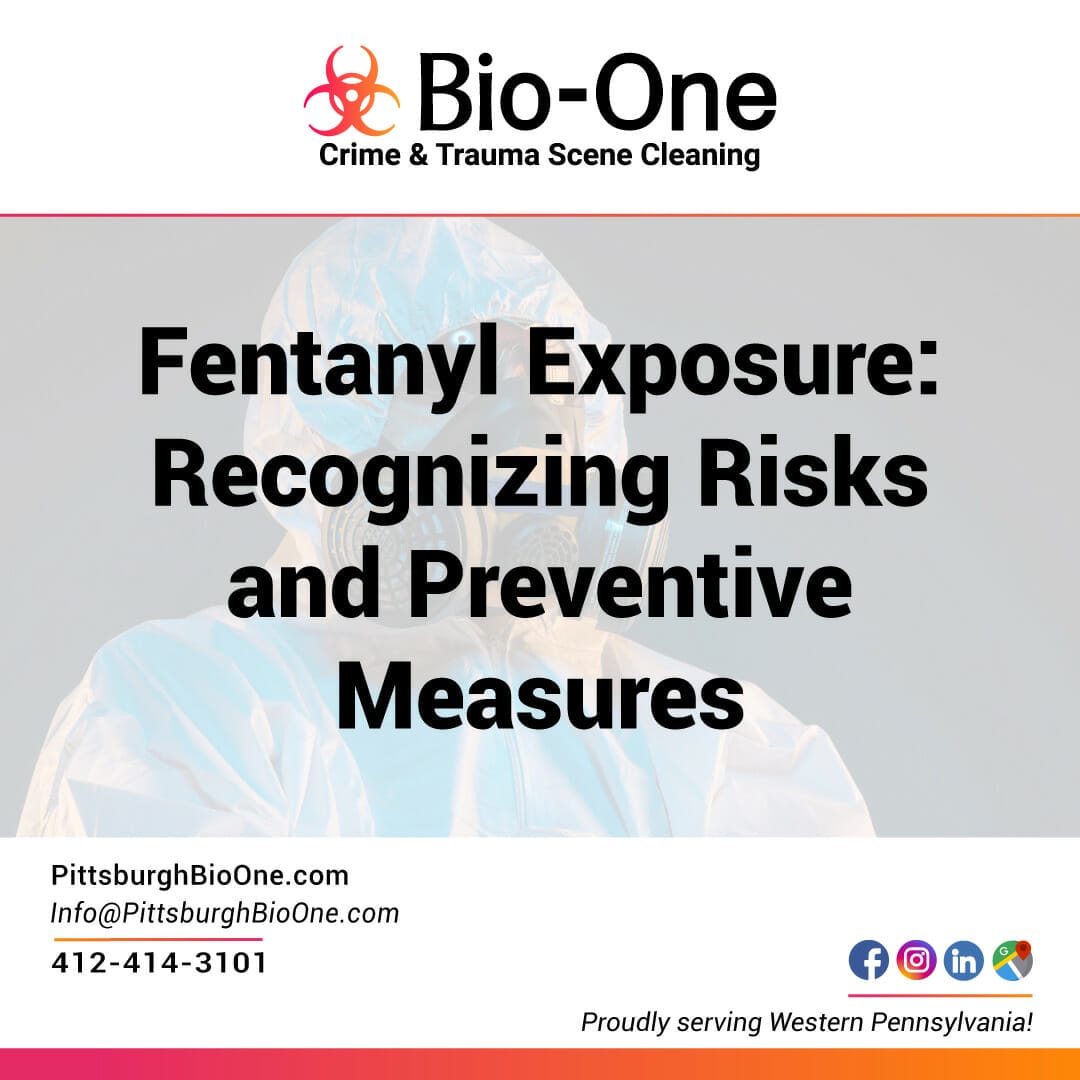
Fentanyl is a potent and dangerous drug that is responsible for numerous overdose deaths. The drug is highly addictive, and even small doses can be lethal. Its potency makes it dangerous, not just for drug users but also for emergency responders and anyone exposed to the drug unintentionally. As a result, we must understand the risks associated with fentanyl exposure and the preventive measures they must take to stay safe.

Fentanyl is a synthetic opioid that is 50-100 times more potent than morphine. It is a prescription medication typically used to treat severe pain, but it is also produced illegally and sold on the streets. Illegally, fentanyl can be found in:
The production of fentanyl involves mixing various chemicals, often with no medical background or safety regulations, which makes the drug highly unpredictable and dangerous.
Fentanyl exposure can occur through various means, including ingestion, inhalation, and skin contact. It is a highly potent drug, and even small amounts can lead to overdose and death. The risks of fentanyl exposure include:
If you suspect that you or someone you know has been exposed to fentanyl, you must act quickly to prevent an overdose. The first step is to move the person to fresh air immediately. Next, call 911 and take other measures to ensure that emergency help is on the way.
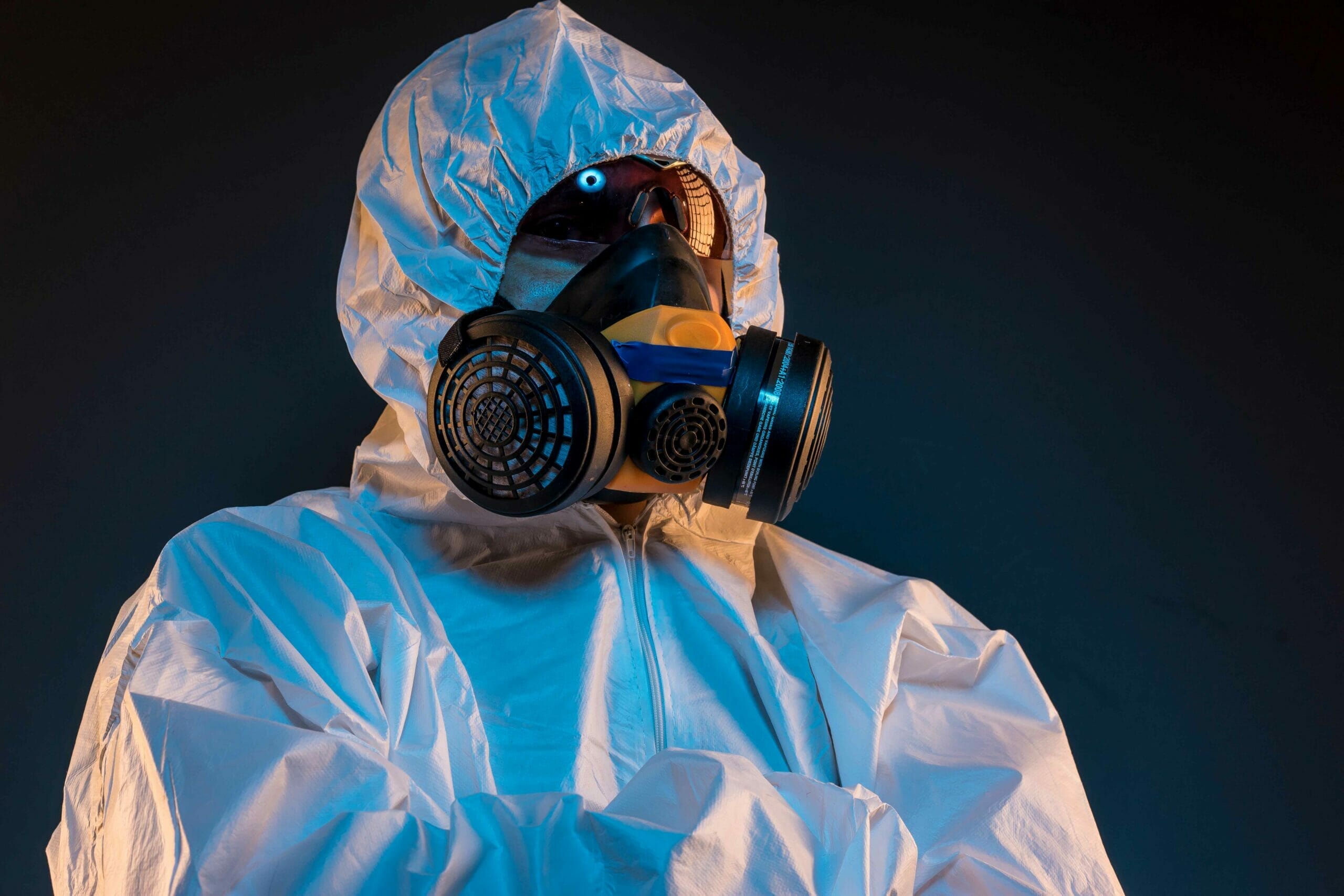
Emergency responders can provide a life-saving medication called Naloxone, which can reverse the effects of fentanyl and other opioids. It is crucial to seek medical attention as soon as possible, even if the person appears to have recovered from an overdose. Fentanyl can remain in the body for a long time, and delayed symptoms or complications may occur.
If you work in environments where fentanyl is present, it's essential to wear personal protective equipment that includes gloves, masks, and safety glasses when handling the disposal. If you suspect that a substance contains fentanyl, do not handle it or attempt to identify it on your own. Instead, contact law enforcement or a hazardous materials team for proper handling and disposal.
Fentanyl exposure is a severe public health problem. If you suspect that a property has been contaminated with fentanyl, seek professional help. Our experts at Bio-One of Pittsburgh can remediate homes, businesses, and properties from fentanyl residue and other biohazardous waste. We are available 24/7, 365 days a year to answer your call!
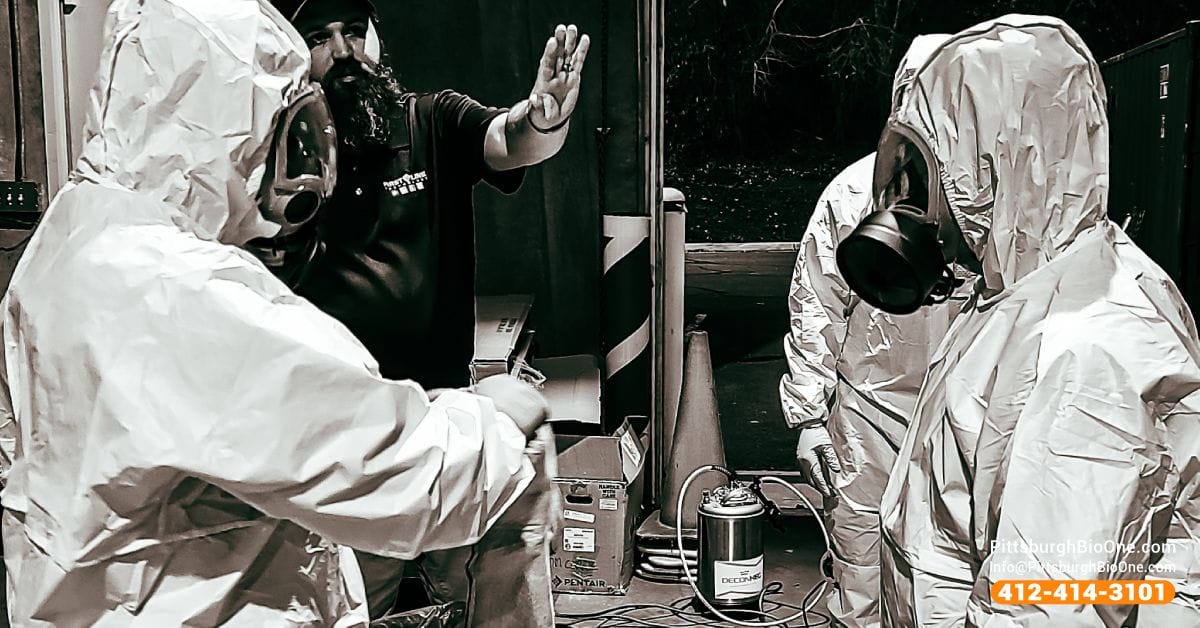

If you're like most people, the word hoarder likely conjures up images of cluttered homes filled with piles of junk. And while that may be one type of hoarder, there's actually a wide spectrum of hoarding behaviors. At one end of the spectrum, you have people who are simply messy and disorganized. On the other end, you have people who are so compulsively hoarders that their homes are unsafe.
Most hoarders fall somewhere in between these two extremes, but regardless of where they fall on the spectrum, they all have one thing in common: they need hoarder cleanup services. It's a specialized cleaning service focused on helping people struggling with compulsive hoarding behaviors get their homes back to a livable state.
Removing large amounts of clutter and debris and disinfecting and disinfecting the home to remove any health hazards are part of the typical cleaning process. So, If you or someone you know is struggling with compulsive hoarder behaviors, don't hesitate to reach out for help. There are many hoarder cleanup services available that can make a world of difference.
If you're looking for a company that can help you with hoarder cleanup, Bio-One of Pittsburgh is a great choice. We specialize in helping people get their homes back to a clean and safe state, and we're familiar with the unique challenges that hoarding can present. Here are just a few of the ways we can help you get started:
Bio-One is committed to helping our clients achieve a successful hoarder cleanup. We have the experience and expertise to get the job done right, and we'll work closely with you every step of the way to ensure that your home is returned to a safe and healthy state. Contact us today to learn more about our services and how we can help you get started on your journey to recovery.
Most of the time, the hardest part of starting with hoarder cleanup is reaching out for help. Feeling overwhelmed and uncertain about what others can do to help you is okay. There is no prior preparation for our cleaning crew. If you need help, call today, and we will visit the place and provide you with the necessary assistance to get started.
Occasionally, it helps if people have an understanding of what they want to recover during the cleanup process. Do you want the crew to deep clean, or do you want them to help you sort through your belongings and get rid of things you no longer need? If you have an idea, the crew members can prioritize their efforts and ensure that they don't miss anything.
However, this will not be possible if people don't seek help. If you or someone you know is struggling with hoarding, know that help is available!
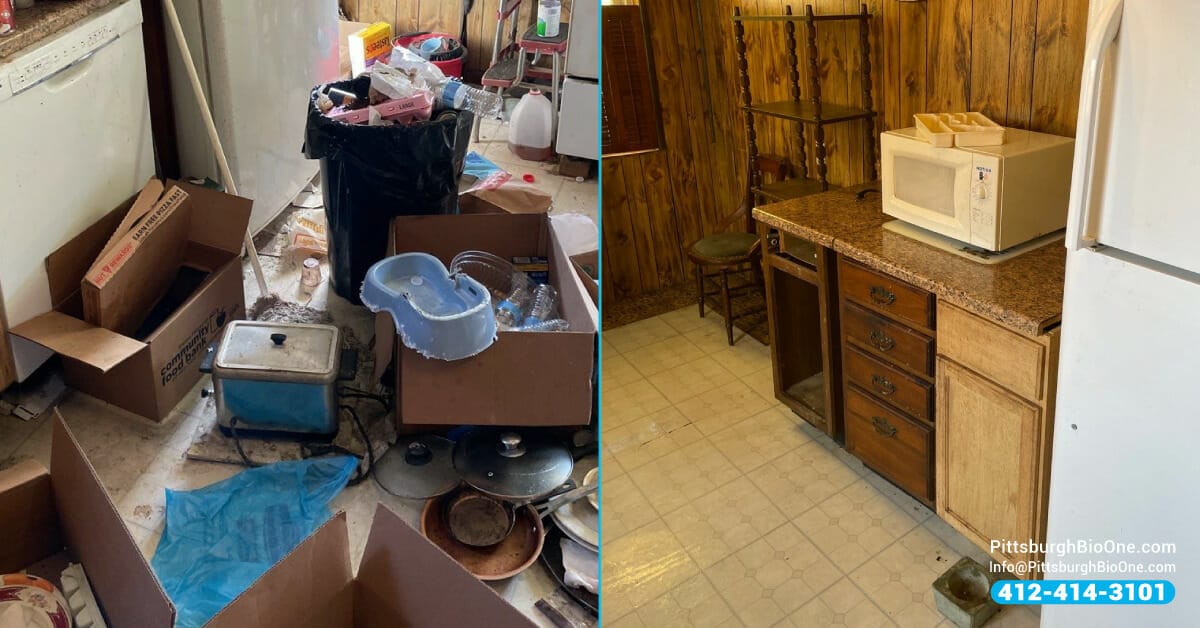
Bio-One of Pittsburgh is always ready to assist you with issues arising from unanticipated events, such as death and major injury. Our expert specialists are always ready to assist you in dealing with highly pressurized situations that may be emotionally and physically draining, allowing you to focus on other vital activities while healing in a sanitary environment. Locally owned and operated, we provide the following:
Bio-One works closely with victim support centers nationwide and local authorities, communities, emergency services personnel, hoarding task forces, apartment communities, insurance companies, and other organizations to accomplish each customer's most efficient and superior service possible.
Many crime scene cleanup companies may face unexpected, unfortunate life events. Still, Bio-One is the right choice because of our expertise and profoundly caring and discreet specialists.
We are proud members of the NAPO Pittsburgh - National Association of Productivity & Organizing Professionals!
Bio-One of Pittsburgh serves the following Pennsylvania counties: Allegheny County, Washington County, Beaver County, Butler County, Armstrong County, Westmoreland County, Lawrence County, Greene County, Fayette County, and Mercer County.
We also serve the following cities and surrounding communities: from Allison Park all the way to Creighton, Crescent, Cuddy Curtisville, Millvale, Monroeville, Oakmont, Pitcairn, Pleasant Hills, Plum, Port Vue, Presto, Rankin, Rennerdale, Rural Ridge, Russellton, Sharpsburg, South Park to Springdale, we are ready to help you!